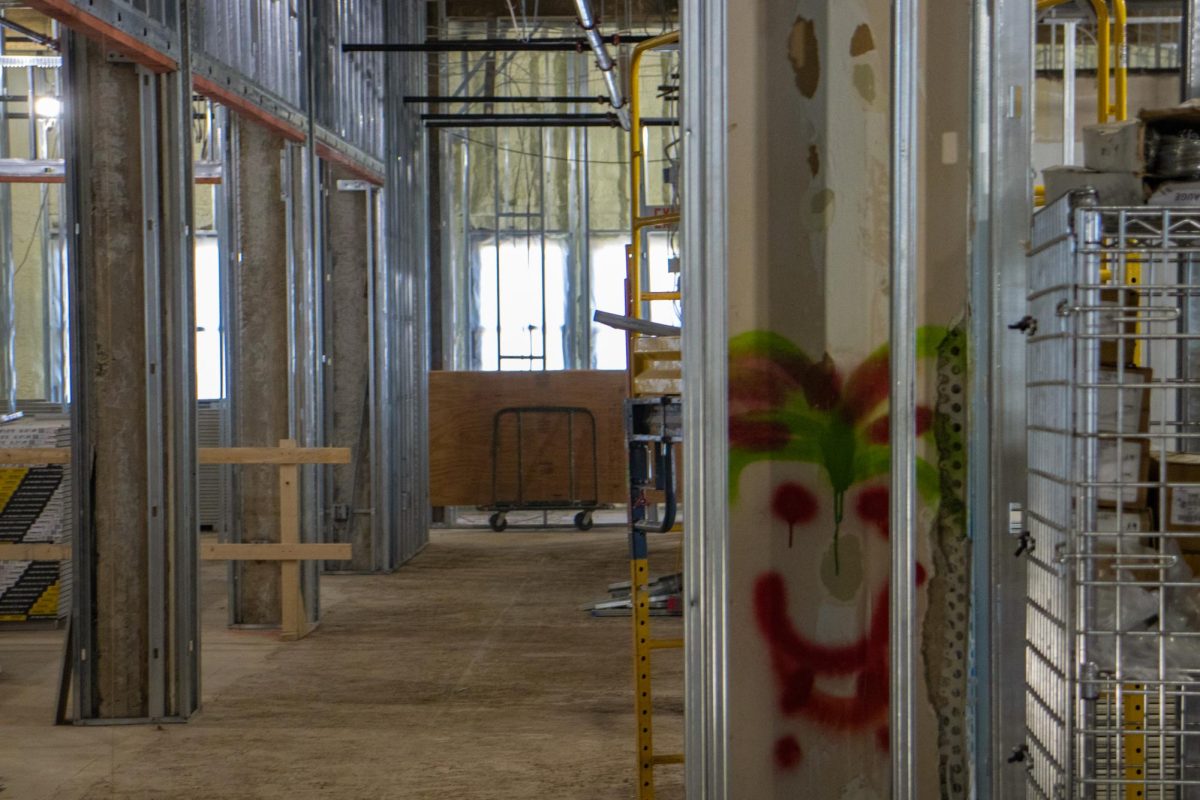Beards Build Better Business
December 1, 2011
Uniting under their slogan, Beautiful Edifices Actually Really Don’t Save Society, or BEARDSS, passionate members hope to modify the city’s unattractive image of students. Unlike an alarming number of AU students, BEARDSS members are not lulled by the charm and convenience of the big box stores and brands of Tenleytown (or the Target in Columbia Heights). Passionately aware of underappreciated, colorful areas of the city, BEARDSS fears precious local culture is at risk of being displaced by hasty attempts to spruce up neighborhoods. The urgency of BEARDSS lies in protecting these areas from mainstream culture. By strategically patronizing specific venues, BEARDSS’ mission is to simultaneously re-educate fellow students while protesting the negative effects of gentrification.
As few have encountered an organization like BEARDSS before, BEARDSS is accustomed to explaining its agenda to the uninformed masses. Unlike tedious “tried and true” approaches to counteract reckless gentrification, BEARDSS methods are pointed and immediate. Dated concepts based on community involvement and building, which unnecessarily waste time and effort, pale in comparison to BEARDSS revolutionary “flash occupation” method, which requires only tasteful discretion and two free nights a week.
In order to instigate its “flash occupation” method, BEARDSS first meticulously combed the entire city for at-risk venues. An at-risk venue is defined as one in distinct disrepair and eccentric charm, surrounded by a disaffected neighborhood that is unable to fully appreciate its character. Initial reports indicate that BEARDSS bolsters businesses, stressing their importance—without their patronage, it is evident that cultural treasures would be in danger of unnecessary demolition.
For maximum efficiency, BEARDSS trimmed the final selection to three or fewer at-risk venues across the city. In the final step, BEARDSS members descend upon the selected sites every weekend—flooding off-campus locations for the night, and then cabbing it back to re-group and debrief. This patented “flash demonstrating”—enhanced by their preferred uniform of protective plastic eyewear, durable canvas slippers and reinforced jeans of a particular tightness—is executed to exhibit BEARDSS dedication to at-risk neighborhoods and the primacy of cultural preservation.
BEARDSS’s current campaign on U Street epitomizes the movement. In order to maintain the charm of the four-block neighborhood, including such attractions as Town, the 9:30 Club and Ben’s Chili Bowl, BEARDSS members fist pump, queue for indie bands and wipe chili from their chins with perfectly synchronized determination. If it were not for BEARDSS, the surrounding U Street area would simply disregard the cultural importance of these venues, as evidenced by the fact that BEARDSS hardly ever encounters locals while they demonstrate on the dance floor, at a concert, or while eating their vegetarian chilidogs.
BEARDSS activists maintain that the selfless surrender of their weekends is hardly a sacrifice—the cause comes first in their hearts and social calendars. The preservation of at-risk cultural sites, keeping the bulldozers of change at bay, is far more valuable to BEARDSS members than studying or folding laundry. Re-defining what it means to be invested in a community, BEARDSS intends to continue employing its members to send a signal to any student, citizen or city official who cares to notice; they appreciate the unacknowledged DC just the way it is.


